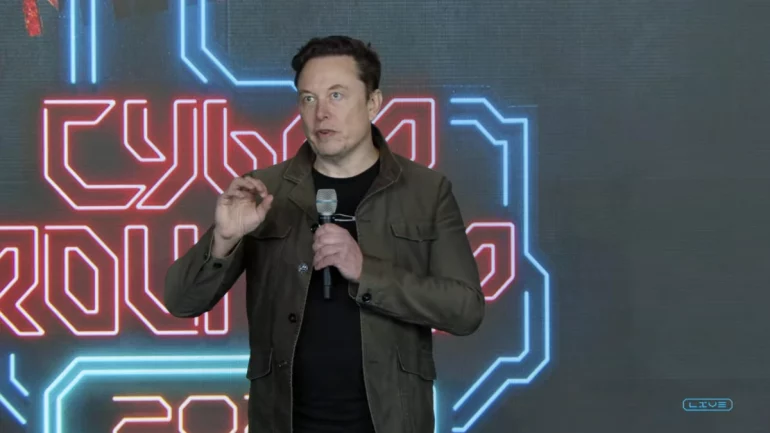- Elon Musk refutes claims of revenue-sharing between Tesla and xAI.
- Wall Street Journal reported that Tesla could use xAI models in full self-driving and other projects.
- Musk confirmed that xAI engineers have aided Tesla’s unsupervised FSD development.
- No licensing of xAI technology is needed due to its complexity and scale.
- xAI is seeking $6 billion in funding to enhance technology across Musk’s companies.
- Tesla shareholders have raised concerns and filed lawsuits, alleging resource diversion to xAI.
- Legal actions suggest a potential conflict of interest between Tesla and xAI.
Main AI News:
Tesla CEO Elon Musk has dismissed recent claims regarding a potential revenue-sharing collaboration between Tesla and his AI startup, xAI. A report from The Wall Street Journal suggested that Tesla might incorporate xAI’s models into its Full Self-Driving (FSD) technology and leverage the startup’s expertise to develop a voice assistant for Tesla vehicles and software for its humanoid robot, Optimus.
Musk responded to these claims on his social media platform X (formerly Twitter), stating the report was inaccurate. He acknowledged that discussions with engineers at xAI have benefited Tesla by accelerating the development of unsupervised FSD. However, he clarified that there is no need to license technology from xAI, as the startup’s AI models are too large and complex to run on Tesla’s vehicle inference computer, nor would Tesla be interested in doing so.
xAI, which Musk founded as a competitor to OpenAI, is currently seeking $6 billion in funding. Part of the startup’s strategy includes using data from Musk’s other companies, such as Tesla, SpaceX, Neuralink, and X, to train its AI models, with the vision of improving technology across all these enterprises.
Despite these ambitions, the relationship between Tesla and xAI has raised concerns among Tesla shareholders. Some have filed lawsuits, alleging that Musk has diverted valuable resources and talent away from Tesla to support the development of xAI, a company they argue could be seen as a competitor. These legal actions highlight growing concerns over potential conflicts of interest as Musk broadens his AI ventures across multiple industries.
Conclusion:
The allegations surrounding a potential conflict of interest between Tesla and xAI may indicate a broader trend of companies increasingly leveraging AI to streamline and innovate across multiple ventures. This integration of AI across Musk’s business ecosystem highlights both the potential for technological advancements and the associated risks of shareholder dissatisfaction. As AI continues to drive strategic decision-making in industries like automotive and robotics, the market may see heightened scrutiny from investors, especially regarding resource allocation and competition concerns. The outcome of this situation could shape future governance policies for companies engaging in multi-industry AI ventures.

